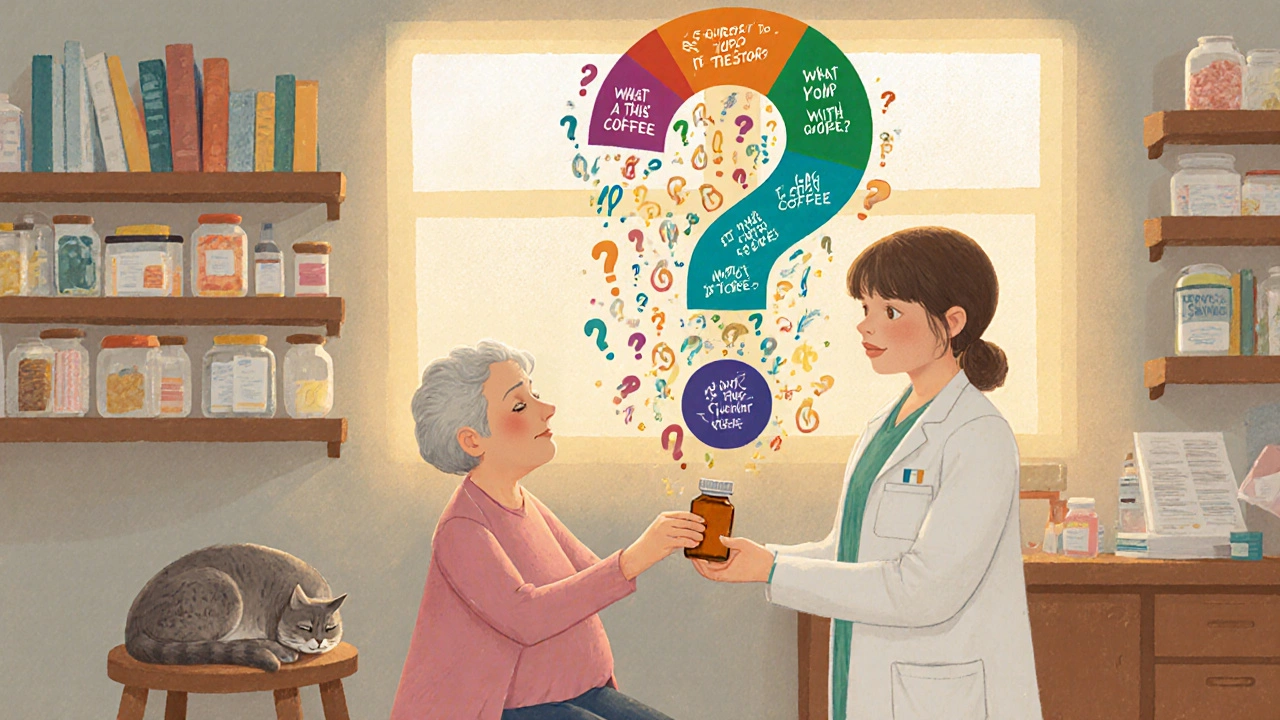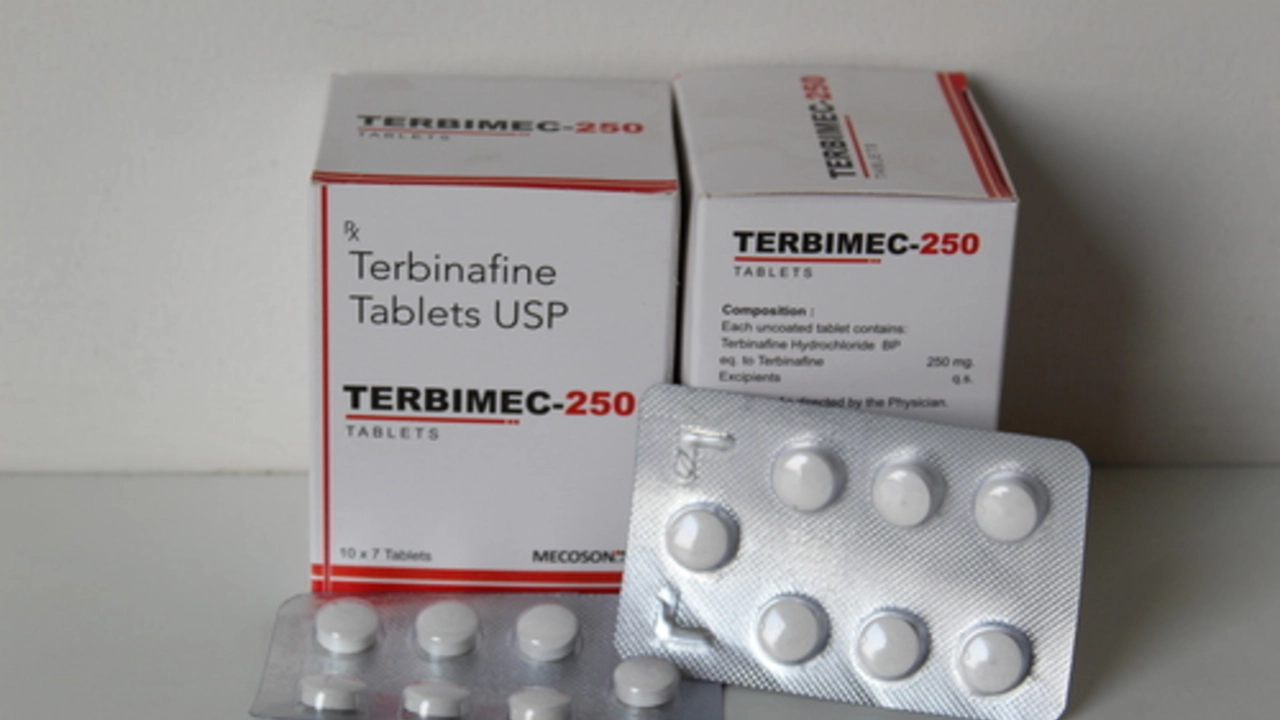Medication Safety: Practical Steps to Avoid Dangerous Mix-Ups
One wrong combination of drugs can turn a harmless pill into a medical emergency. That sounds dramatic, but avoiding those risks is usually straightforward if you follow a few clear habits every time you get a prescription or start a new supplement.
Start with a one-page medicine list. Write down every prescription, over-the-counter drug, vitamin, and herbal supplement you take. Share this list with every doctor, dentist, and pharmacist you see. Having the list helps catch interactions early — for example, drugs for blood pressure can act differently during exercise, and some antidepressants or diuretics can change sodium levels in older adults.
Daily safety checklist
Make these routines non-negotiable: read the label, follow the exact dose, and note the purpose and side effects. Ask your pharmacist: "What should I watch for in the first week?" Watch for new symptoms like dizziness, severe drowsiness, fast heartbeat, or sudden swelling — report them right away. Never mix medications with alcohol unless a clinician says it’s okay.
Know the big red flags. Certain drug pairs are risky by design — think nitrates with erectile dysfunction meds, or some antibiotics that can affect heart rhythm when combined with other drugs. If you take heart or psychiatric meds, double-check for interactions. Our site has focused posts that explain specific concerns, like heart risks with benzodiazepines or which drugs to avoid with sildenafil.
Buying meds online — what to check
Online pharmacies can be legit and cheaper, but you need a quick vetting process: require a prescription, show a physical address and pharmacist contact, use HTTPS, and display a license or verification from a national regulator. Prices that are way below market or sites that ship without asking for a prescription are warning signs. Read reviews, search for the pharmacy name plus "scam" and consider articles that review specific stores to see real user experiences.
If you import medication from another country, learn the customs rules first. Some countries limit quantities or ban certain drugs entirely. A smooth import starts with checking legal limits and keeping original packaging and prescriptions with your shipment.
Special groups need extra care. Kids need weight-based dosing and smaller formulations — never guess doses. Seniors often take multiple drugs; ask about interactions that can cause low sodium, confusion, or falls. Pregnant or breastfeeding people should check safety classes before starting any new medicine or supplement.
Finally, store medicines properly: cool, dry places for most pills; follow refrigeration rules for injectables or certain inhalers. Discard expired meds and never share prescriptions. Small steps — a list, questions, and a quick online check — prevent most medication problems and keep treatment working the way it should.
28
Drug Interactions: How Food, Supplements, and Medications Can Dangerously Mix
Food, supplements, and medications can dangerously interact, reducing drug effectiveness or causing life-threatening side effects. Learn how grapefruit, St. John's wort, and vitamin K affect common prescriptions-and what you can do to stay safe.
19
Questions to Ask Your Pharmacist About Prescription Medications
Learn the essential questions to ask your pharmacist about prescription medications to avoid dangerous interactions, save money, and take your drugs safely. Pharmacists are your best resource for medication safety.
27
Addressing Health Disparities in Medication Safety Research
Medication safety isn't equal across populations. Marginalized groups face higher risks of errors, underreporting, and lack of access to safe drugs. Learn how systemic bias, clinical trial gaps, and poor communication are driving these disparities - and what’s being done to fix them.
6
Terbinafine and kidney function: What you need to know
In my latest blog, I dive into the relationship between Terbinafine, a common antifungal medication, and kidney function. I shed light on how this drug can potentially impact kidney function depending on the dosage and length of treatment. I also underline the importance of regular monitoring and caution for those with pre-existing kidney conditions. The blog delves into the possible side-effects and the necessity for regular medical consultations when taking Terbinafine. Finally, I touch on the significance of understanding the interaction between different medications and their overall impact on kidney health.






